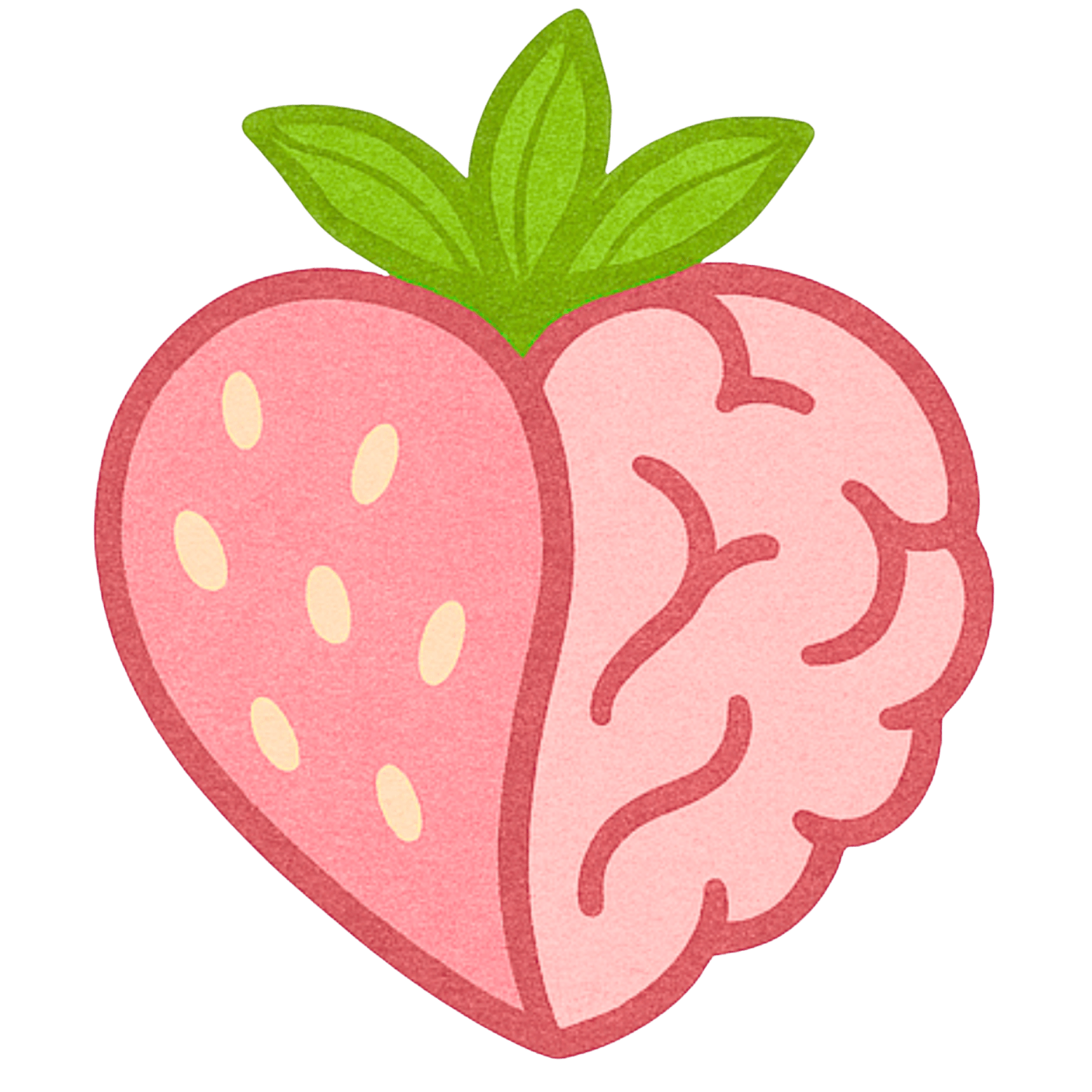
Foods That Contain Nutrients that Support the Body’s Stress Response and Regulate Mood
The term “stress” has become deeply embedded in our societal narrative, often regarded as an unavoidable part of life. For many, stress has not only been normalized but also accepted as a defining aspect of their identity. While it is true that stress is a universal experience, its impact on our well-being largely depends on how we perceive and manage it.
Stress management is a complex, multifaceted process. It often requires a combination of coping mechanisms, a supportive environment, an optimal diet, and a healthy lifestyle. However, the frequency and intensity of stressors also play a significant role. The body’s stress response is a tightly regulated physiological system designed to adapt to external challenges. When these challenges are short-lived, the system effectively resolves the stressor. Yet, chronic or repeated exposure to stress can overwhelm the system, leading to dysfunction and an inability to cope effectively. [1]
In recent years, diet has emerged as a pivotal factor in managing stress and promoting emotional resilience. Numerous studies have demonstrated the profound connection between nutrition, mood, and mental health. For example:

• Unhealthy fats have been shown to disrupt the production of serotonin, a neurotransmitter critical for mood regulation and implicated in the development of depression. [2]
• Conversely, protein consumption has a positive effect on serotonin levels, contributing to improved mood stability.[2]
• Omega-3 fatty acids, found in certain fish and plant sources, enhance cognitive function and neuroplasticity over time. [2]
• Diets high in sugar are linked to behavioral disturbances and even neurodegeneration. [3]
Incorporating nutrient-rich foods into your daily diet can significantly support your body’s ability to manage stress and maintain emotional balance. Here are some excellent choices and the science behind their benefits:
Stress-Reducing and Mood-Regulating Foods
• Leafy Greens (Spinach, Kale):
• High in magnesium, these greens help regulate cortisol (the stress hormone) and promote relaxation. Magnesium deficiency is linked to increased susceptibility to stress and anxiety.
• Fatty Fish (Salmon, Sardines):
• Packed with omega-3 fatty acids, these fish provide anti-inflammatory benefits and support brain health. Studies show that omega-3s can lower anxiety and improve mood regulation.
• Nuts and Seeds (Walnuts, Chia Seeds):
• These are excellent sources of magnesium, B vitamins, healthy fats, and antioxidants. They nourish the nervous system, stabilize energy, and enhance the body’s stress resilience.
• Yogurt and Fermented Foods (Kimchi, Sauerkraut):
• Rich in probiotics, these foods support gut health, which is closely linked to emotional well-being through the gut-brain axis. A healthy gut can lead to reduced stress and anxiety.
• Whole Grains (Oats, Quinoa, Brown Rice):
• These complex carbohydrates provide fiber and B vitamins, stabilizing energy levels and enhancing serotonin production, which helps regulate mood and promote relaxation.
• Berries (Blueberries, Strawberries):
• These vibrant fruits are loaded with antioxidants and vitamin C, combating oxidative stress and inflammation while supporting brain function and the immune system.
• Dark Chocolate:
• Containing antioxidants, magnesium, and mood-enhancing compounds, dark chocolate can help reduce stress and boost serotonin, the “feel-good” neurotransmitter.
• Avocado:
• A rich source of B vitamins, folate, potassium, and healthy fats, avocados help stabilize blood sugar and support brain health, aiding in mood regulation.
• Turmeric:
• The active compound curcumin has potent anti-inflammatory and antioxidant properties. Research shows curcumin may help reduce anxiety and support overall brain health.
• Green Tea:
• Known for its calming effects, green tea contains L-theanine, an amino acid that promotes relaxation and reduces anxiety without causing drowsiness. It also boasts high levels of antioxidants.
• Chamomile:
• This soothing herb contains apigenin, an antioxidant that binds to brain receptors to promote relaxation and reduce anxiety. Chamomile is also well-known for improving sleep quality.
While stress is inevitable, how we respond to it can make all the difference in our mental and physical health. Along with cultivating mindfulness, maintaining regular physical activity, and prioritizing sleep, a balanced diet filled with stress-supportive foods can be a game-changer in managing stress and regulating mood.
Incorporating these nutrient-dense foods into your meals is not only a practical step toward better stress management but also an investment in long-term well-being. Start with small, consistent changes to create a diet that helps you feel balanced, energized, and resilient in the face of life’s challenges.

1. O'Connor, D. B., Thayer, J. F., & Vedhara, K. (2021). Stress and Health: A Review of Psychobiological Processes. Annual review of psychology, 72, 663–688. https://doi.org/10.1146/annurev-psych-062520-122331
2. Bremner, J. D., Moazzami, K., Wittbrodt, M. T., Nye, J. A., Lima, B. B., Gillespie, C. F., Rapaport, M. H., Pearce, B. D., Shah, A. J., & Vaccarino, V. (2020). Diet, Stress and Mental Health. Nutrients, 12(8), 2428. https://doi.org/10.3390/nu12082428
3. Clemente-Suárez, V. J., Beltrán-Velasco, A. I., Redondo-Flórez, L., Martín-Rodríguez, A., & Tornero-Aguilera, J. F. (2023). Global Impacts of Western Diet and Its Effects on Metabolism and Health: A Narrative Review. Nutrients, 15(12), 2749. https://doi.org/10.3390/nu15122749
Latest Blog Posts

